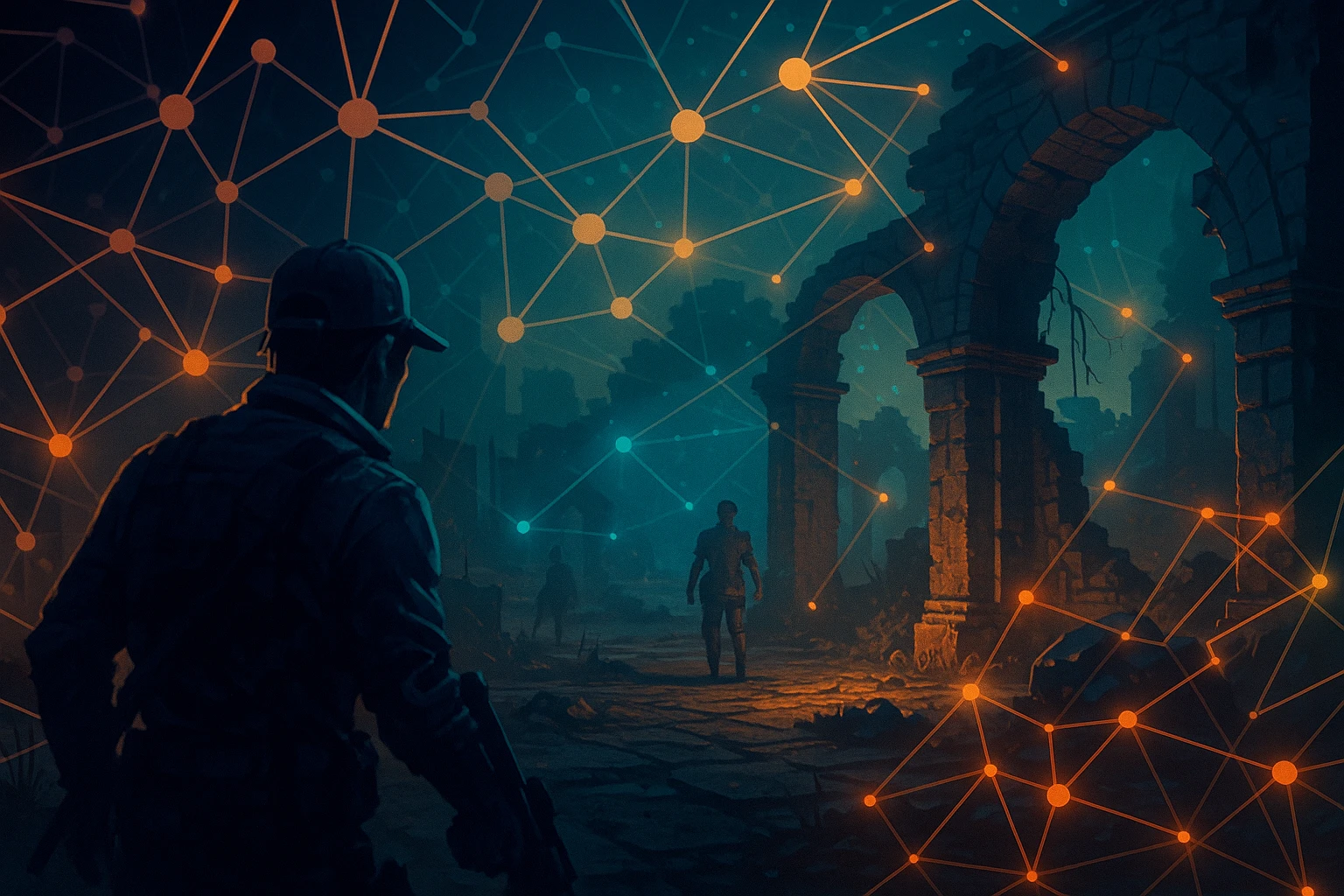AI in Gaming: From NPCs to E‑Sports – eglence.ai
Beyond entertainment, game AI is finding applications in training and simulation. Military and medical organizations use game engines with AI‑driven scenarios to train personnel in safe environments. These simulations rely on realistic behaviors and environments generated by machine learning, enabling trainees to practice decision‑making under pressure. Serious games for education adapt to students’ learning styles, using clustering algorithms to group learners and tailor content accordingly. AI‑driven opponents in these contexts behave differently than in commercial games; they are designed to instruct rather than entertain, emphasizing clarity and feedback. The same technologies that make games fun thus also support learning and professional development.
However, the use of AI in gaming raises concerns about fairness and ethics. In online matches, AI‑based cheat detection monitors unusual patterns to catch bots and hackers, but these systems must avoid false positives that could penalize innocent players. Procedural generation can inadvertently produce offensive or inaccessible content if the algorithm lacks proper constraints. Adaptive difficulty may feel manipulative if players are not aware of it, undermining a sense of accomplishment. There is also an ongoing debate about whether AI should be used to optimize monetization strategies, such as encouraging in‑game purchases. Responsible developers are addressing these issues by being transparent about AI usage, incorporating human oversight and designing systems that respect player agency. When applied thoughtfully, AI can make games more dynamic, inclusive and rewarding for all.
